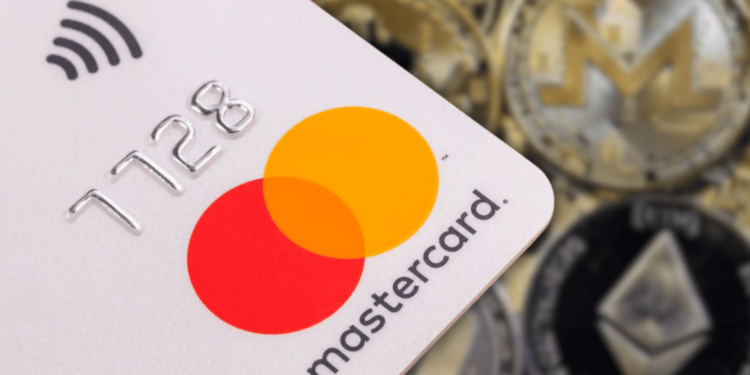- Mastercard enables a new euro-denominated crypto debit card in partnership with Mercuryo, allowing users to spend cryptocurrencies like Bitcoin stored on self-custodial wallets at over 100 million merchants.
- The move builds on Mastercard’s growing commitment to support self-custodial wallets, eliminating barriers between blockchain and conventional payments.
- The new Mastercard-branded Spend card by Mercuryo incurs fees, including a €160 issuance fee, €1 monthly maintenance fee, and a 0.95% off-ramp fee.
Mastercard has partnered with Mercuryo to launch a euro-denominated crypto debit card. This allows users to spend cryptocurrencies from self-custodial wallets at over 100 million merchants.
Mastercard’s Mission to Drive Crypto Self-Custody Adoption
Self-custody is a core concept of cryptocurrency, providing a method to store assets without relying on centralized platforms like banks or exchanges. Unlike custodial wallets, self-custodial wallets require users to fully secure funds as the sole custodian of the private key.
According to Christian Rau, Mastercard’s senior vice president of crypto and fintech enablement, the collaboration with Mercuryo builds on Mastercard’s commitment to support self-custodial wallets. Rau said the partnership is “eliminating the traditional barriers between blockchain and conventional payments, providing consumers who want to spend their digital assets with an easy, reliable and secure way to do so anywhere Mastercard is accepted.”
Why Mastercard Wants to Support Non-Custodial Wallets
As payments are a key use case for crypto, Mastercard’s entrance into the market was natural. Since 2021, Mastercard has tapped multiple industry partners to expand its crypto services.
According to Mastercard’s Raj Dhamodharan, supporting self-custody aims to address complexities with centralized exchanges. Mastercard believes many crypto holders avoid exchanges, so improving the self-custody experience can expand consumer choice and purchasing power of stored crypto.
Mastercard’s growing crypto and self-custody services come at a cost. The new Spend card incurs fees for issuance, maintenance, and off-ramp transactions. However, these services reflect Mastercard’s increasing role in advancing crypto self-custody adoption.
Conclusion
Mastercard is actively expanding its crypto offerings by enabling a new debit card for spending cryptocurrency from self-hosted wallets. Through partnerships with companies like Mercuryo, Mastercard is working to bridge traditional finance and crypto, promoting wider adoption of self-custodial wallets.














